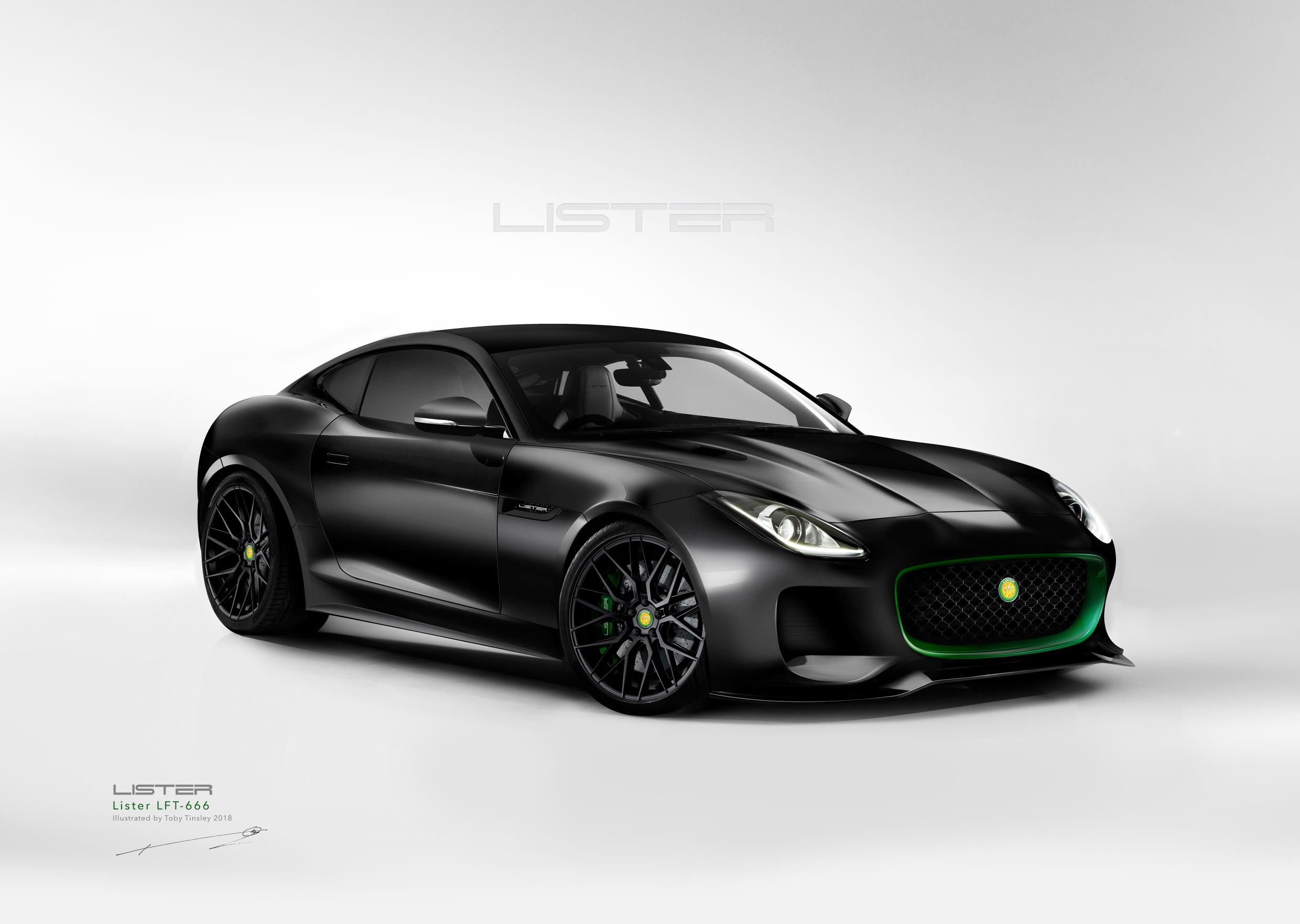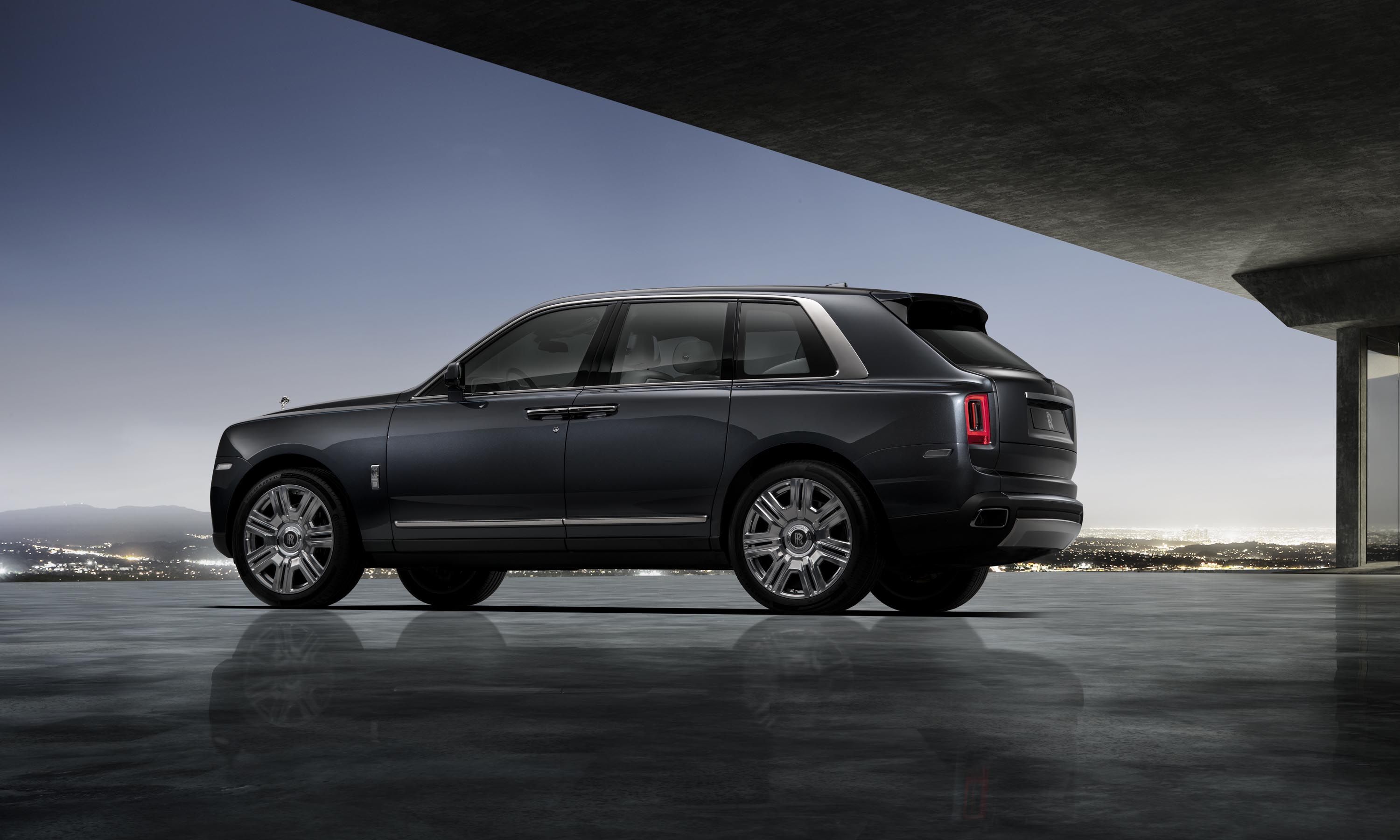
- BY THE END OF 2022: MORE THAN EUR 34 BILLION IS PLANNED FOR THE DEVELOPMENT OF ELECTRIC MOBILITY, AUTONOMOUS DRIVING, NEW MOBILITY SERVICES AND DIGITALIZATION
- PLANNING ROUND DETERMINES GROUP-WIDE PLANT AND WORKFORCE ASSIGNMENT: FIRST SERIES PRODUCTION OF ELECTRIC VEHICLES ON MEB PLATFORM IN EUROPE TO BE LAUNCHED AT ZWICKAU SITE
- FINANCIAL MARKETS REACT POSITIVELY TO THE GROUP’S STRATEGIC FOCUS: VOLKSWAGEN‘S SHARE PRICE BACK AT PRE-CRISIS LEVEL IN EARLY NOVEMBER
- CEO MATTHIAS MÜLLER: “WE ARE REINVENTING THE CAR. TO ACHIEVE THAT, WE ARE MAKING TARGETED INVESTMENTS TO PROVIDE THE NECESSARY FUNDS FROM OUR OWN RESOURCES”
17.11.2017.- The Volkswagen Group has today laid a key foundation for the future direction of the Group, this underpinning its strategic goals until 2025. In order to further enhance its powerful innovation and technology resources, the Group will invest billions of euros in electric mobility, autonomous driving, new mobility services and digitalization over the coming years. According to the outcome of the Group’s planning round for 2018 to 2022, which the Supervisory Board of Volkswagen Aktiengesellschaft discussed at its meeting today, expenditure totalling more than EUR 34 billion are to be made in these future technologies by the end of 2022. Most of this will go into the electrification and hybridization of all Group models. This marks another significant step up in Volkswagen’s commitment to this environment-friendly drive technology and a move to advance the Roadmap E electrification offensive at full speed. When the offensive was announced in September, the Group said it would electrify its entire model portfolio by 2030.
“With the planning round now approved, we are laying the foundation for making Volkswagen the world’s number one player in electric mobility by 2025”, said Matthias Müller, CEO of Volkswagen Aktiengesellschaft, after the regular Supervisory Board meeting. “We are reinventing the car. We are making targeted investments in digitalization, autonomous driving, electric mobility and new mobility services by providing the necessary funds from our own resources. We are, however, doing so without sidelining existing technologies and vehicle projects, since this is how we will earn our money for the foreseeable future.
Given its brands and potential for synergy, I am convinced that the Volkswagen Group will master this balancing act like no other company in our industry.”
As part of the planning round, the Group has also optimized its plant and workforce assignment for the challenges to come. In this process, the production network linking the brands has been made even more efficient. The main highlights:
For the launch of Europe’s first series production of electric vehicles on the MEB platform, the Zwickau site will be remodeled into a pure-play e-mobility plant. This will lay a key foundation for the electrification and hybridization of the Group’s product portfolio. Other location decisions at the individual brands will be made as the Roadmap E is rolled out further.
From the end of 2018, the entire Passat family will be concentrated at the Emden site.
The VW Golf family will be bundled in Wolfsburg from the next vehicle generation onward.
“The entire automotive industry is facing fundamental changes in the coming years, which will provide great opportunities, but also require us to put in tremendous efforts”, continued Müller. “We have a convincing plan. Our financial position is robust. We have the experience and the talent. And wherever skills are lacking, we will build the necessary expertise and strengthen our teams. The planning round that has just been approved provides the framework. Now we have to get to work quickly and move toward shared success.”
Frank Witter, Member of the Board of Management, responsible for Finance and Controlling agrees, saying that on the basis of Roadmap E and the concrete plans for the next five years, the Volkswagen Group has set itself very ambitious growth targets. “Despite the major challenges, we hold firm in our commitment to significantly reduce both the capital expenditure ratio and the research and development ratio in the Automotive Division.” According to the planning round approved today, each of the two ratios will decline to a competitive level of 6.0 percent from 2020 onward. Witter: “This demonstrates that our strategy stands on a solid foundation and we can confirm our ambitious Group targets in the full amount.” In 2016, the corresponding capex ratio stood at 6.9 percent.
The Volkswagen Group’s strategic focus is clearly enjoying the support of the financial markets. CFO Frank Witter: “In recent weeks, our share price has made encouraging moves toward pre-crisis levels. This shows that our shareholders are increasingly certain that we are implementing our strategy with the necessary rigor and are committed to the goals set in the process.” In addition, the Automotive Division’s net liquidity will remain at a sound level in 2017, despite high cash outflows due to the diesel crisis. Witter: “We are confident that we will exceed our target of achieving a minimum of EUR 20 billion.” Against this backdrop, Standard & Poor’s (S&P) raised the rating outlook for the Volkswagen Group to “stable” earlier this month.
The Volkswagen Group expects Brazil, China, Russia and North America to be the main growth drivers in the coming years. On the other hand, the ambitious CO2targets imposed worldwide present major challenges for all automakers, explains CFO Frank Witter with reference to the Group’s strategic focus: “This is why we have to complete the transformation toward producing more electrically powered vehicles – combined with digitalization, connectivity and mobility services – with utmost efficiency.” The planning round does not include the investments of the joint venture companies in China. These companies finance the investments in the Chinese plants and products from their own resources.
At the beginning of September, the Volkswagen Group announced Roadmap E, the most comprehensive electrification campaign in the automotive industry: As a result of this campaign, around one in four new vehicles produced by the Group will be a battery-only electric vehicle. Depending on how the market develops, this could mean up to three million e-cars a year. The Company is planning to electrify its entire model portfolio by 2030. This means that by then there will be at least one electric variant of each of the Group’s around 300 models. To this end, the Company has invited tenders for one of the largest purchasing volumes ever, with plans to spend over EUR 50 billion on battery cells.
Source: Volkswagen
Photograph: Volkswagen






